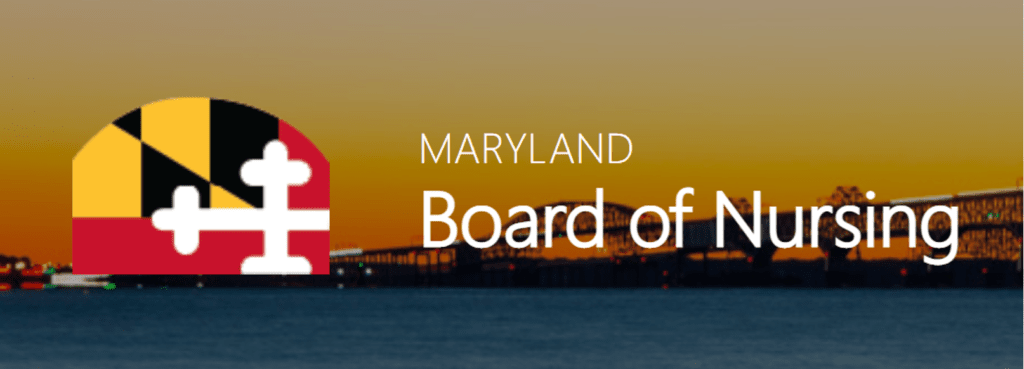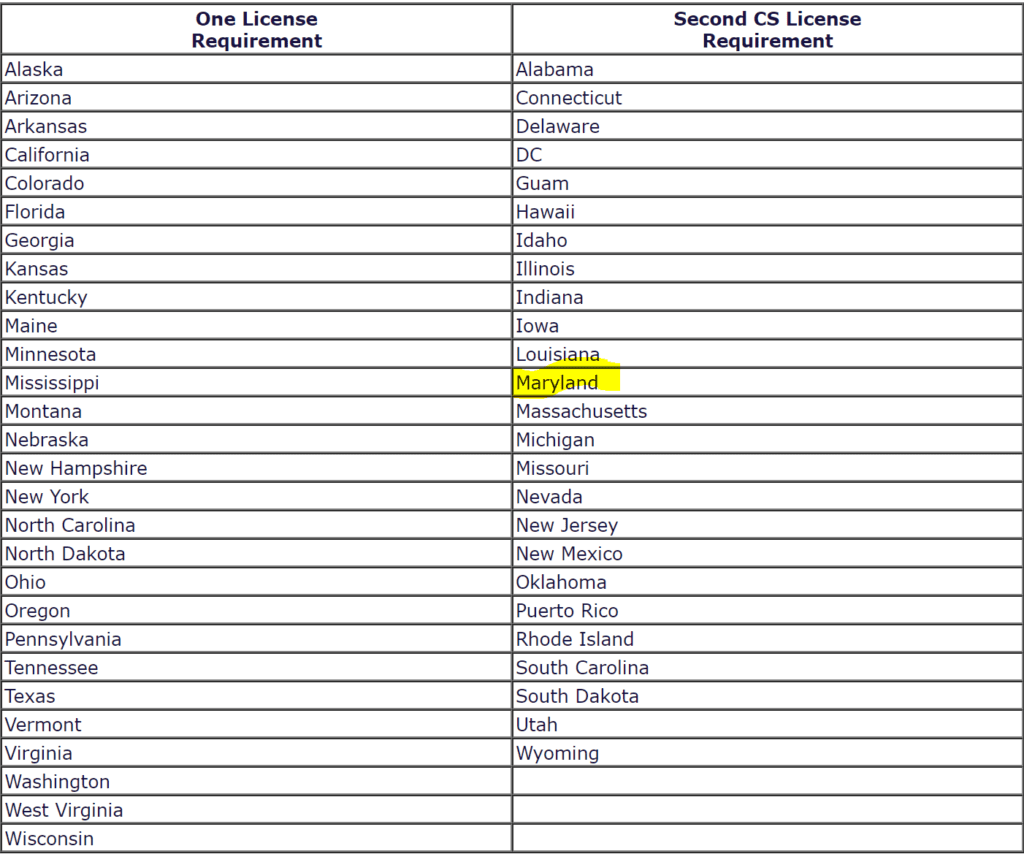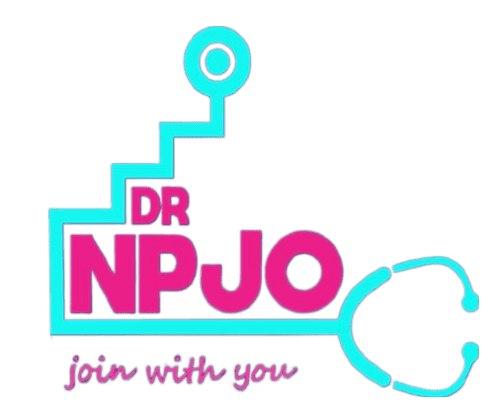
Hurray!!! you made it out of school in one piece. If you are reading this, I hope you just passed your boards or are getting ready to pass that thing!
Too often, the final months to weeks leading up to graduation day can be all things exhausting, nerve-racking, exciting, and…
The information overload or lack of it can set you apart in the months after graduating.
My goal with this post is to provide order to the chaos of your next steps after crossing the hurdle of your AANP or ANCC board exams. Though the steps described will be specific to Maryland which also happens to be a full-practice authority state, my hope is that you see the theme and apply it as it concerns your individual practice state. The order of application is as follows:
1. Rest:
The first thing you may want to do after passing your board exam is to take a week off from EVERYTHING school-and-NP-related. This should serve as a period of rest and reset, while concurrently aligning with the timeframe for the ANCC/AANP to begin processing your exam result.
2. Advanced Practice License Application

Start your advanced practice license application through the board of nursing (BON) of your state one week after passing your board exam. Note that different states have different requirements, hence it is important to start the application on time to enable you to identify and collect the necessary requirements. The time frame from submission to approval can vary from 6-10weeks. Be mindful and attentive, check your emails (spam folders) and voicemails. If possible, locate the email address of your state’s board of nursing and add it to your email contact list. For nurse practitioners in Maryland, here is the link to apply
3. A JOB!

Job hunting is something that you should start while still at school, and continued till you have secured one. At this junction, you can not proceed if you do not have a job. This is because your employer’s information will be a critical piece of information on those license applications such as the employer name, setting, and practice location/address. Note that some large employers may become surrogates and perform this process for you and help you procure all necessary licenses in a timely manner.
4. National Provider Identifier (NPI) number
Once you have your nurse practitioner license or advanced practice license from your state BON and have secured a job, proceed to apply for your NPI number. You can read up on NPI with this post. It may not be possible to obtain other professional licenses if you do not have your NPI number. It takes less than 30 minutes to receive your NPI number if you applied online. it might be a good idea to plan to apply for your NPI and CDS on the same day.
5. Controlled Dangerous Substances (CDS) registration
The Controlled Dangerous Substances (CDS) license is a state-issued license that a provider must have in addition to a federal Drug Enforcement Administration (DEA) license that authorizes the provider to prescribe controlled substances. Once you receive your NPI number, you can proceed to apply for your CDS license from your state. Here is the link for the Maryland application. The processing time in Maryland varies from 2-4weeks, plan ahead. Note that some states, including Maryland, will give you a “Temporary” CDS number. This number CAN NOT be used in applying for your DEA license. If you attempt it, you will either get an error message that prevents you from completing the application, or your DEA application would be returned and you will lose the non-refundable DEA fee of $888. You should wait to receive your PERMANENT CDS license.
6. Federal Drug Enforcement Administration (DEA) registration
Some states require individual providers to have a second controlled substance license (i.e CDS) before applying for their DEA license. it is imperative you clarify your state requirements before proceeding with your DEA license. One important reason is that the DEA fee of $888 is non-refundable even for errors. In fact, there are less than five available scenarios where the DEA may provide a refund. Below is the list of states that do not require a second/additional controlled substance license and those that do.

7. Cardiopulmonary Resuscitation (CPR) certificate
In the midst of job searches, applications, and interviews, it is easy to see how your CPR certificate may expire before renewal. I threw this one in to alert and encourage you to make a conscious effort to remember to keep your all-important CPR certificate current.

